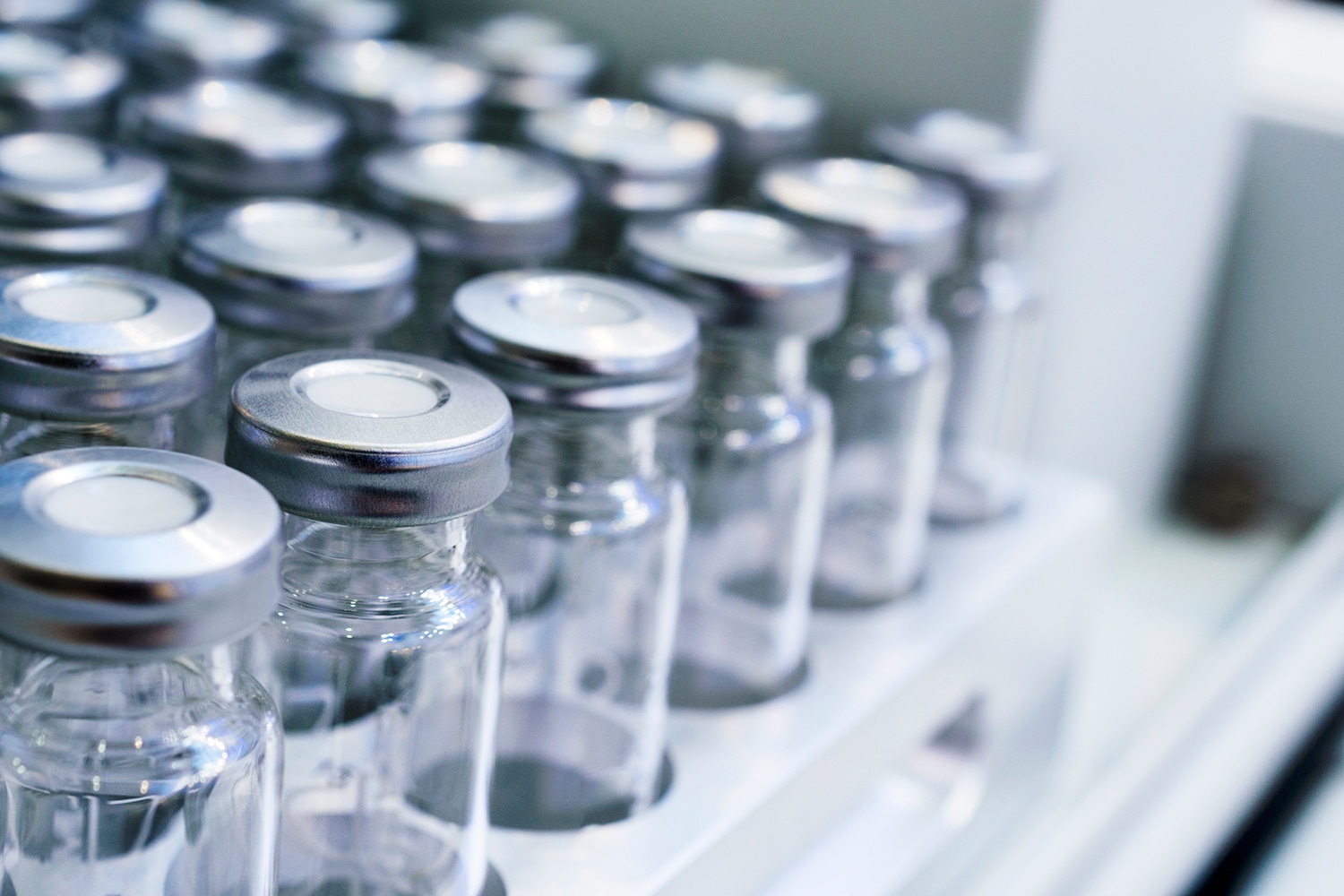Preventing Shingles
Cancer patients are at increased risk of developing shingles. But until recently, the only available shingles vaccine, Zostavax, was not safe for individuals with compromised immune systems, as it uses a weakened version of a live virus. A newer vaccine, called Shingrix, does not contain live virus and so should be safe, but researchers have been unsure whether the vaccine is effective if given to cancer patients with weakened immune systems. A randomized trial whose results were published Feb. 1 in Cancer indicates that Shingrix is safe and causes a robust immune response in adult cancer patients with solid tumors who are vaccinated prior to or during chemotherapy.
Immunotherapy for Cancer Patients with HIV
People with HIV and cancer may be safely and effectively treated using immune checkpoint inhibitors, according to a review article published Feb. 7 in JAMA Oncology. These immunotherapy drugs are approved for treatment of patients with a variety of advanced cancer types. However, the trials that led to their approval did not typically include patients with HIV, even though people with HIV are diagnosed with cancer at a higher rate than members of the general population. The researchers identified reports of 73 patients with HIV and cancer who were treated with checkpoint inhibitors and found typical rates of adverse events and efficacy. Further, the researchers saw hints that the drugs could help control HIV as well as cancer. “We hope our finding will lead to increased study of checkpoint inhibitors in patients with HIV and cancer,” lead investigator Chul Kim said in a press release.
Promises of Childhood Cancer Research Funding
In his State of the Union address Feb. 5, President Donald Trump said that he would ask for “$500 million over the next 10 years” to fund research into childhood cancer. Researchers weighed in on how they would like to spend that money in an article in STAT. The current National Institutes of Health projected spending on childhood cancer research for 2019 is $462 million, STAT points out. The promised $500 million over 10 years would mean an additional $50 million per year. Researchers say they hope to study how to extend the benefits of immunotherapy and targeted therapy to children.
Cancer Today magazine is free to cancer patients, survivors and caregivers who live in the U.S. Subscribe here to receive four issues per year.





